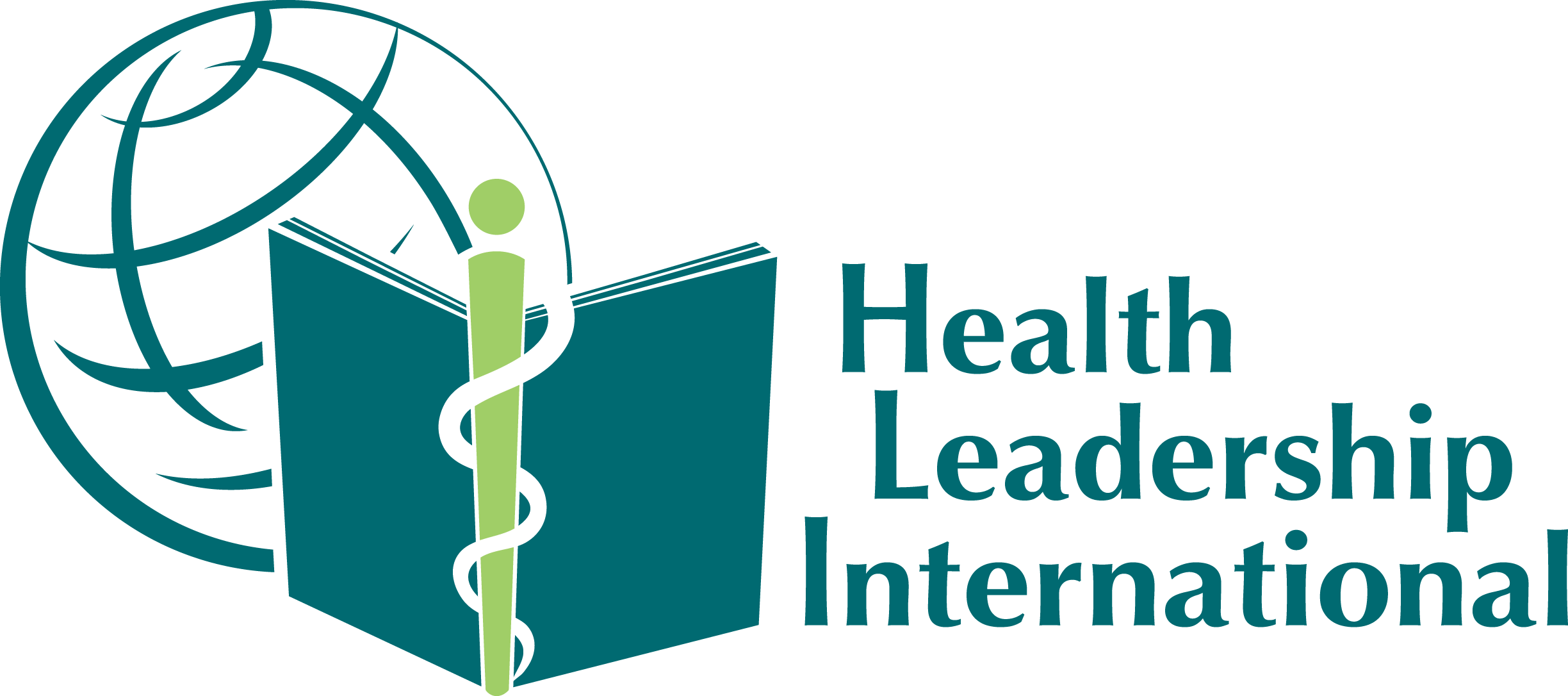Clinical faculty Karen Hays, DNP, CNM, ARNP; Cam McIntyre, MD (gynecology); Deborah Doughton, MD (pediatrician); Steve Dunning, MD, Rick Arnold, MD, and Ted Doughton, MD (family practice and internal medicine) participated in teaching lectures and facilitating interactive skill workshops in midwifery. HLI conducted midwifery training for nurses from both provincial and district staffs and at the University of Health Science in Vientiane in the Lao PDR. Karen Hays and other midwifery faculty were assisted by Lao interpreters.
All class materials for students were translated into Lao before the course began and photocopies were given to each student. All students were given copies of two Hesperian books (in Lao): Where There is No Doctor and Where Women Have No Doctor (clinical books specifically directed at health staff in rural and remote areas, where many of these nurses/midwives will work after graduation). The students were also supplied with a USB stick with all of the Midwifery, Reproductive Health, and Pediatric presentations and the downloadable videos, as well as digital copies of key UNFPA and WHO texts and documents re: midwifery. Additional training materials distributed to each student included a gestation calculation wheel, a contraceptive decision wheel, blood pressure cuff with stethoscope, and a set of suture instruments with suture and foam upon which to practice.
Topics covered in the midwifery course were based on WHO and other international guidelines with attention to integrating the Lao perspective and needs, and included:
(a) Midwifery Topics
(b) Gynecology Topics
(c) Newborn Care Topics
(d) Internal Medicine for Women
Teaching methods used included lecture, PowerPoint presentations; videos; demonstrations using models role plays, and pictures; question & answer; small group cases; small group discussion; small group and individual presentations; and skills practice in small groups on models or on each other. Students received printed handouts of all lecture material, translated into Lao for further self-study. Specifically, the skills students practiced in simulation were patient interviewing and counseling, Gyn exam with speculum, blood pressure, blood glucose with glucometer, urinalysis with dipstick, nutrition meal planning for women with various challenges, normal birth and immediate newborn care, vacuum extraction for obstructed labor, and neonatal resuscitation.
The students were formally evaluated by a computerized multiple-choice examination based on the translated course material.

